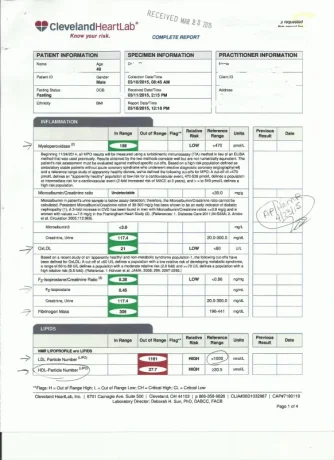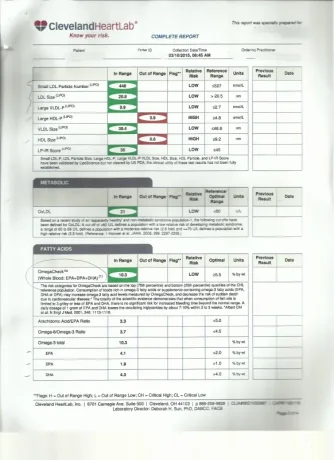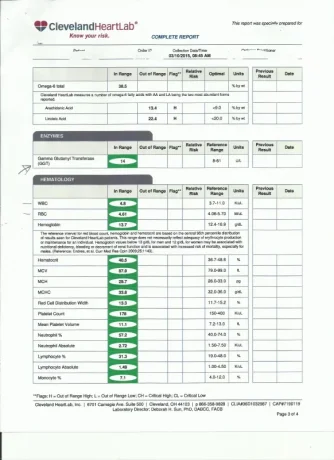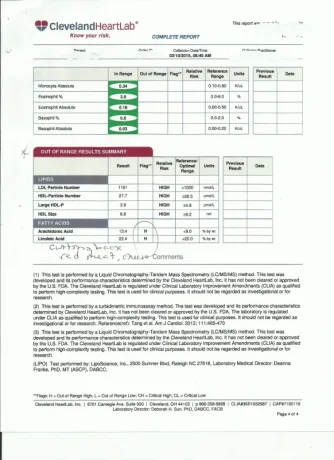Vince
Super Moderator
I was just wondering if anyone uses Cleveland Heart Labs http://www.knowyourrisk.com/ My clinic http://advlip.com/ will now be using them for all Labs. Will also check my LDL oxidation.
CHL is a spinoff of Cleveland Clinic, I know they do all the advanced tests and I believe they actually are the original developer and hold the patent on the test for the enzyme MPO - Myeloperoxidase
CHL is a spinoff of Cleveland Clinic, I know they do all the advanced tests and I believe they actually are the original developer and hold the patent on the test for the enzyme MPO - Myeloperoxidase

















